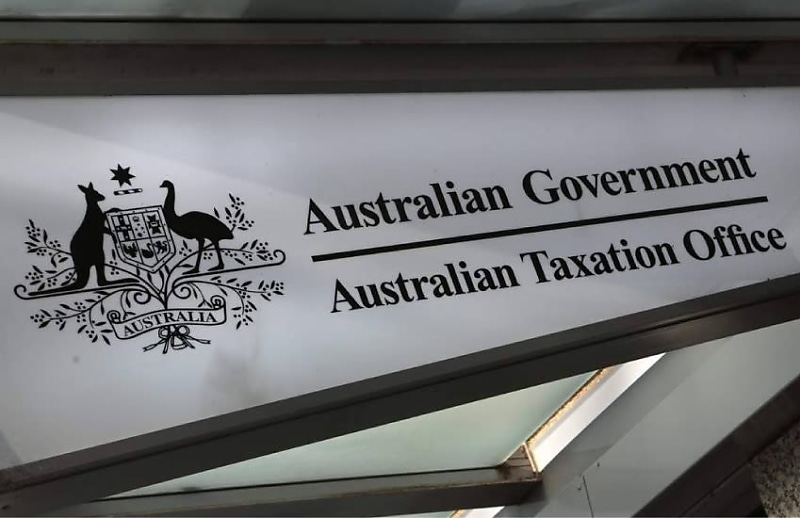Tax agent speaks out after ATO denied hospitalised client’s lodgment deferral request
TaxA tax practitioner has spoken out after the ATO denied her tax deferral request for a client who was hospitalised and going through divorce proceedings.

In June 2025, tax practitioner Deborah Ianchello applied for an ATO-assessed lodgment deferral request for a client’s trust tax return due to exceptional and unforeseen circumstances.
Speaking to Accountants Daily, Ianchello recalled thinking that the deferral would be a ‘no-brainer,’ given that the trust was tied up in the client’s divorce proceedings and the client had been hospitalised.
However, to her surprise, the ATO denied her deferral request, even though she had submitted detailed information regarding her client’s situation.
“The client was quite shocked. They just couldn't believe that the ATO denied the request given the circumstances,” Ianchello said.
“There were family circumstances, the client's child was having some difficulty and then the client ended up in hospital themself. So these were three things that occurred within 12 months.
“Obviously, tax wasn't at the forefront of their mind. But not only that, we couldn't really do anything with the trust until the family law proceedings had finished.”
Soon after the tax authorities denied her deferral request, Ianchello lodged a complaint with the Tax Office, feeling as though the request had been unfairly denied. A month later, the ATO granted the deferral request. The complaints officer noted that the extension should not have been denied in the first place.
“The complaints department at the tax office, the case officer that spoke to me on the phone, said that this wasn't a good outcome for the tax office and that the extension should have been granted,” Ianchello said.
Despite the positive outcome, Ianchello said the experience had left her feeling undervalued by the ATO, and cost her hours in lodging the complaint and following it up.
“I had to spend some time making the complaint and following it up with the Tax Office, which I didn't charge the client for because I felt like I couldn't in this circumstance because of what they were going through,” she said.
“And that’s time that I've been unable to recover.”
Ianchello said she had lodged the complaint because she felt as though the ATO’s initial decision to deny her request had been unfair, and that the system hadn’t worked as it had been designed to.
“These deferral programs, they do exist, and they are there for a reason. And I think that if there is a valid and legitimate circumstance, that should be considered and it shouldn't just be blanketly dismissed.”
“The ATO needs to review each case on its own merits and realise that the system is there for a reason to help us and, and that there shouldn't just be a blanket dismissal.”
Ianchello said she had observed a recent shift in the Tax Office’s stance towards lodgment deferrals and remissions towards a more stringent approach.
As previously reported by Accountants Daily, the National Tax and Accountants’ Association (NTAA) has also raised concerns with the ATO’s approach to general interest charge (GIC) remission.
“Drawing on extensive member feedback, we submit that tax practitioners and their clients widely regard the ATO’s current practices relating to GIC remission as inconsistent, opaque and lacking empathy for taxpayers with tax debts and GIC under extenuating circumstances beyond their control,” the NTAA said in a submission to the Tax Ombudsman.
The NTAA added that feedback from its members indicated that it appeared GIC remission requests were being refused “almost uniformly, regardless of the taxpayers’ circumstances”.
For lodgment deferral requests, Ianchello warned that blanket denials had a negative impact on both taxpayers and their tax agents, and imposed additional stress on clients that were already dealing with hardship.
“It has an impact on individuals, especially when they're going through something and tax is probably not at the forefront of their mind,” she said.
“And things do happen in life, life events do occur and now and again we might need that deferral granted for a very valid reason. And like I said, the system is designed to enable us to request them for those exceptional circumstances.”




